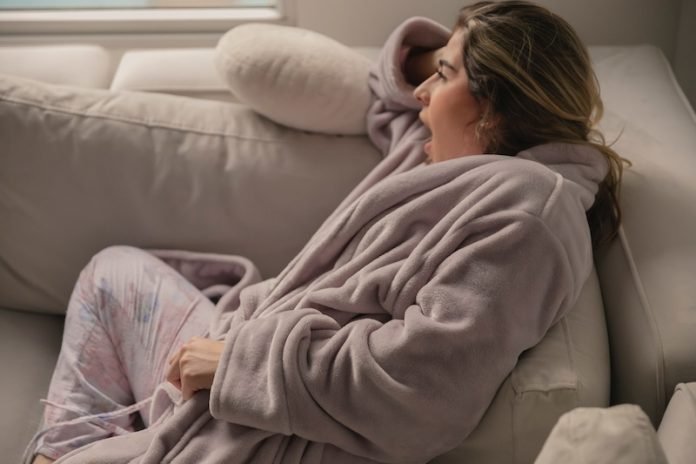
A recent study published in Neurourology and Urodynamics on December 18 brings new insights into the experience of individuals with overactive bladder (OAB).
Conducted by Sally Jensen, Ph.D., and colleagues from Northwestern University Feinberg School of Medicine, the study explores the correlation between OAB and factors like sleep disturbance, depression, and fatigue.
The research included 159 U.S. adults diagnosed with OAB. Surprisingly, the findings revealed that their scores for sleep disturbance, fatigue, and depression were on par with those of the general population.
This challenges the commonly held belief that OAB significantly impacts these aspects of life.
Furthermore, the study observed no strong links between the severity of lower urinary tract symptoms, commonly associated with OAB, and increased levels of sleep disturbance, fatigue, or depression.
This suggests that the impact of OAB on these factors may be less than previously assumed.
A notable point from the study is the impact of antidepressants on individuals with OAB.
Participants on these medications reported significantly worse outcomes across various measures, including urinary symptoms, anxiety, and depression, compared to those not on antidepressants.
Additionally, these patients showed poorer adherence to their OAB medications.
This study emphasizes the importance of holistic patient care, suggesting that clinicians should consider factors such as gender and age during assessments, as significant differences were noted in these areas.
The authors highlight the value of evaluating sleep patterns and depression in clinical settings for patients with OAB, given the complex interplay of these factors.
The results of this study provide a more nuanced understanding of OAB’s impact on individuals’ quality of life, particularly in the areas of sleep, mood, and medication adherence. This could influence future treatment approaches and patient management strategies for OAB.
If you care about sleep, please read studies about herb that could help you sleep well at night, and these drugs could lower severity of sleep apnea by one third.
For more information about sleep, please see recent studies that coffee boosts your physical activity, cuts sleep, affects heartbeat, and results showing how to deal with “COVID-somnia” and sleep well at night.
The research findings can be found in Neurourology and Urodynamics.
Copyright © 2023 Knowridge Science Report. All rights reserved.



